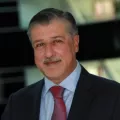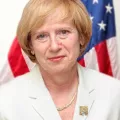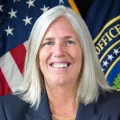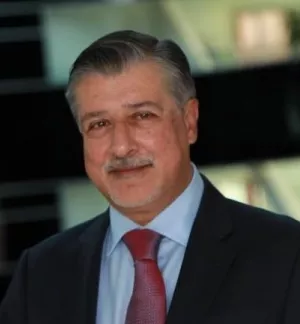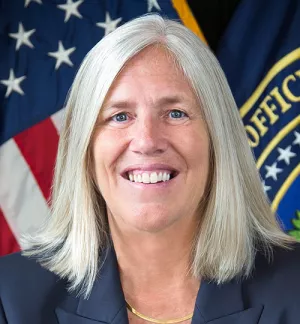Adnan Amin
Geopolitics of Energy Project
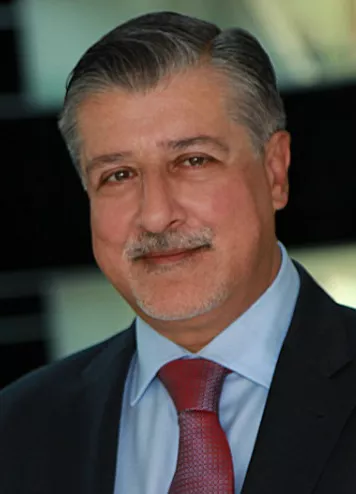
The Geopolitics of Energy project is pleased to welcome Adnan Amin as a Senior Fellow this year.
Following a distinguished career at the United Nations, which included leading reform for system-wide coherence and heading the UN System Chief Executives Board Secretariat in New York, Adnan Amin was elected the first Director General of the International Renewable Energy Agency (IRENA). He served in that position for eight years.
IRENA is the first universal treaty-based multilateral organization. Headquartered in Abu Dhabi, the organization participates regularly in the work of institutions such as the G7, G20 and the United Nations. As the first Director General, Amin led the development of this new institution to support the international community in the transition to a sustainable energy future. He turned the agency into a leading player in the global energy transition based on its cutting edge analytical, technical, and advisory services to member countries.
“We’re very fortunate to have Adnan join us at the Belfer Center,” said Geopolitics of Energy Director Meghan O’Sullivan. “His insights from serving at the forefront of international efforts to advance renewable energy will be invaluable for our students, faculty, and fellows,” she said, “as will his analysis of the geopolitical implications of the global energy transition.”
Marcie Ries
Future of Diplomacy Project
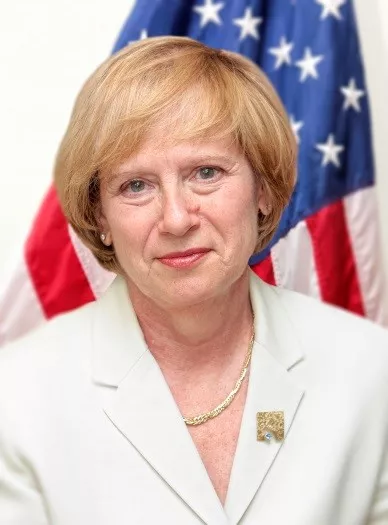
Ambassador Marcie Ries, a career diplomat with nearly four decades of experience in the U.S. Foreign Service, served in Europe, the Middle East, and the Caribbean. She is a three-time Chief of Mission, serving as Head of the U.S. Office in Kosovo, U.S. Ambassador to Albania, and as U.S. Ambassador to Bulgaria. Ries has extensive experience on UN, European, and security matters and was a senior member of the team that negotiated the 2011 New Strategic Arms Reduction Treaty (START) with the Russian Federation.
Ambassador Ries’s experience also includes service as Principal Deputy Assistant Secretary for European and Eurasian Affairs and as Minister-Counselor for Political-Military Affairs at the U.S. Embassy in Baghdad during the 2007-08 “surge.” Earlier, she served as Director of the State Department’s Office of UN Political Affairs for the two years following the 9/11 attack. She currently serves as a senior mentor for U.S. ambassadors at the Foreign Service Institute.
“We are honored to have Ambassador Marcie Ries join the Future of Diplomacy Project,” said Nicholas Burns, the Project faculty chair. “She brings years of experience in the U.S. Foreign Service and insights into diplomacy and its role in national security, and will be a tremendous resource for students, faculty, and fellows at the School.” Ries will also play an executive role, Burns said, in developing a new important Kennedy School initiative: The American Diplomacy Project: A Foreign Service for the 21st Century.
Susan Gordon
Intelligence Project

Susan M. (Sue) Gordon was Principal Deputy Director of National Intelligence until August 2019. A longtime member of the Intelligence Community, she has nearly three decades of intelligence experience. As PDDNI, she managed the Office of the Director of National Intelligence and focused on advancing intelligence integration across the Intelligence Community. Earlier, she was Deputy Director of the National Geospatial-Intelligence Agency (NGA) where she drove NGA’s transformation to meet the challenges of a 21st century intelligence agency.
Gordon has worked in a variety of leadership roles spanning numerous intelligence organizations and disciplines. Prior to her assignment with NGA, she served for 27 years at the Central Intelligence Agency (CIA), rising to senior executive positions in each of the Agency’s four directorates: operations, analysis, science and technology, and support.
“It is an honor to have Sue Gordon join the Intelligence Project and the Belfer Center as a Senior Fellow,” said Paul Kolbe, Director of the Intelligence Project. “Sue’s expertise across all intelligence disciplines, and her particular focus on preparing the intelligence community to meet the demands of the 21st century digital environment, will be extremely valuable for our fellows and all of us at the Kennedy School. At the Belfer Center, she will apply her vision and energy to the critical transformations needed to meet new intelligence and national security challenges.”
"Welcome to New Senior Fellows." Belfer Center Newsletter, Belfer Center for Science and International Affairs, Harvard Kennedy School. (Spring 2020).

